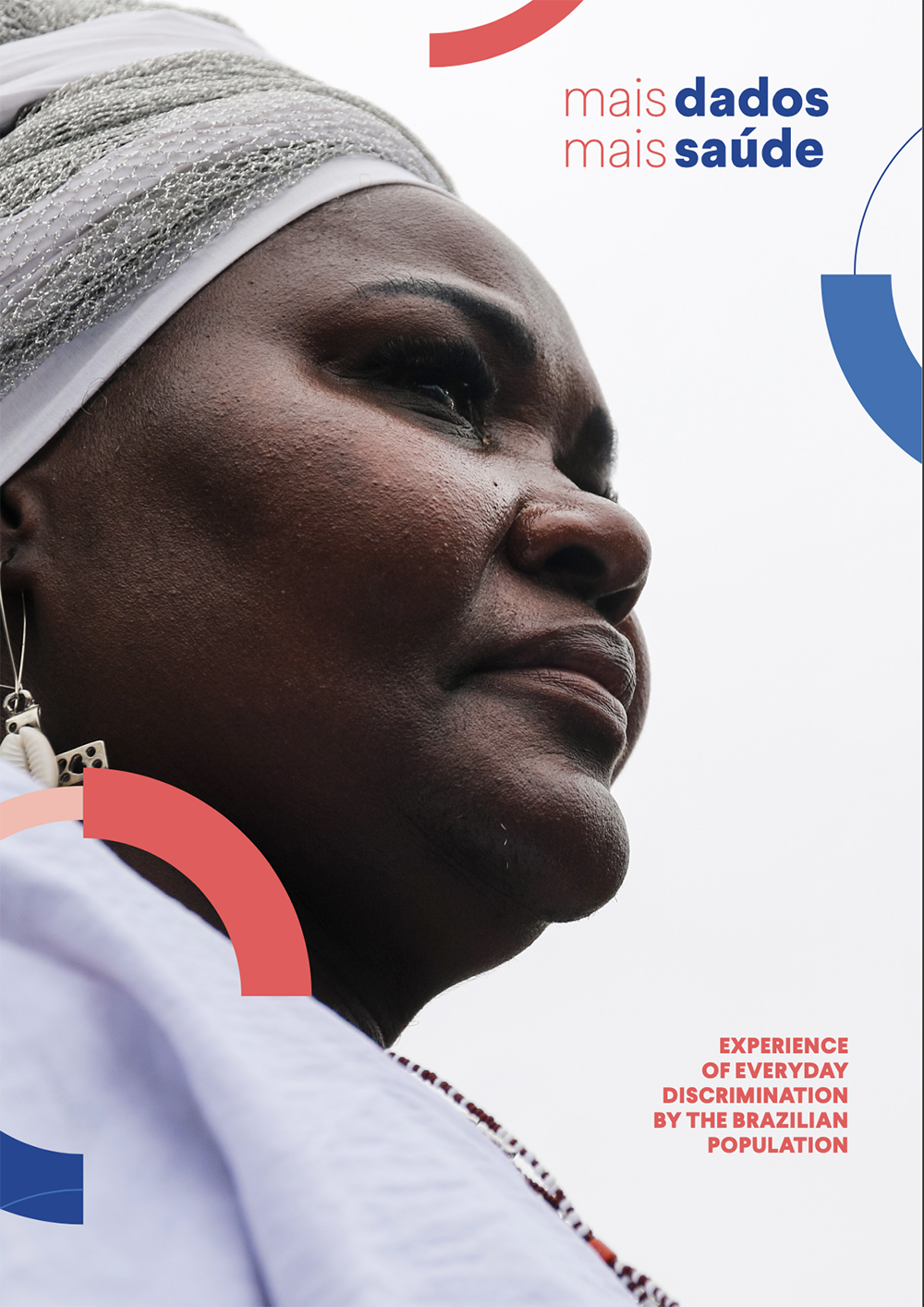Racism is considered a central element in the production of racial inequities, and, in recent decades, there has been a great growth in research on the various ways in which it can act and negatively affect health, being recognized as an important social determinant in the process of health and disease production. This interest has been driven by the persistent racial inequities in health observed and by the evidence that socioeconomic factors alone are not sufficient to explain them. One of the ways racism manifests itself is through discrimination, that is, the unequal and unfair treatment of members of a particular social group, resulting from beliefs and prejudices, reflecting patterns of dominance and oppression, and disputes over power and social privileges.
In Brazil, discrimination is recognized as one of the structuring factors of the economic and social disadvantages faced by socially marginalized racial groups. However, the theoretical and methodological incorporation of this social phenomenon in epidemiological studies has been a continuous movement, under constant discussion and updating. The goal of this publication is to present the descriptive analysis of the Everyday Discrimination Scale applied for the first time throughout the national territory as a stimulus to expand the discussion on methods for analyzing discrimination and its mechanisms and consequences in the production of racial inequities in Brazil.
Recent Abstracts
Strengthening Health Systems to Address Air Pollution in Ethiopia
Policy Brief: Childhood Blood Lead Surveillance in Indonesia – Findings and Policy Recommendations
Impact of Blue Lanes on Road Safety: Crashes, Speed and Motorcyclists’ Perceptions in…
Impacto da Faixa Azul na Segurança Viária: Sinistros, velocidade e percepções de motociclistas…
Culture is Medicine- a Model of Indigenous Harm Reduction in Practice
Trouble Brewing – The Case for Alcohol Policy (Second Edition)
Lessons from Vietnam’s Campaign for a Tax on Sugar-Sweetened Beverages
Principles of Alcohol Taxation
Clean Air in Jakarta: Gaps and Possibilities Toward Low Emission Practices
Public Attitudes Towards Alcohol Policy: South Africa
